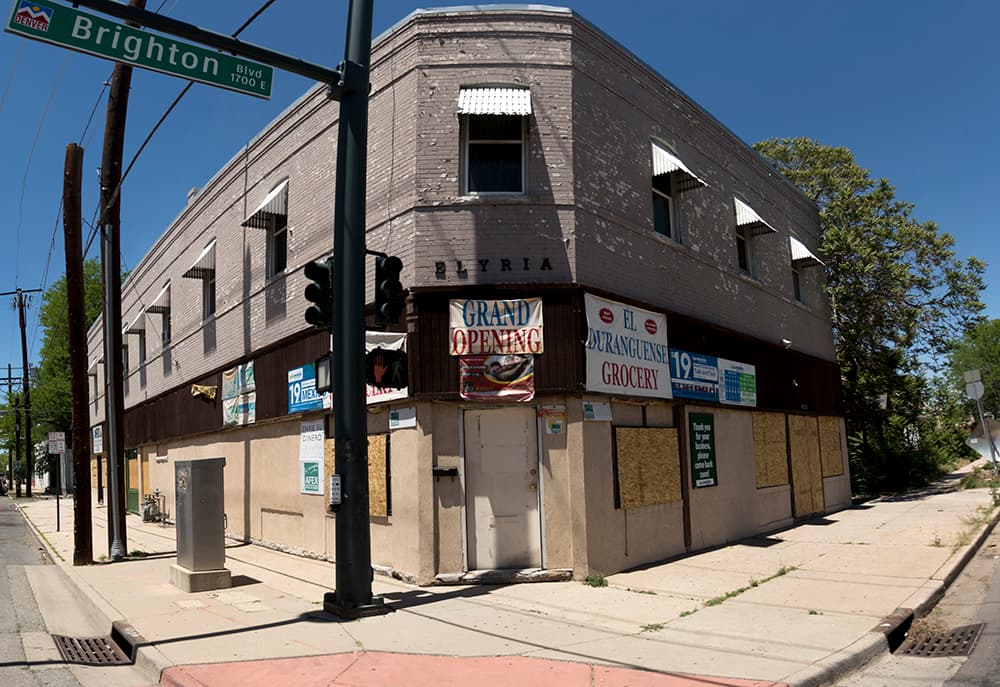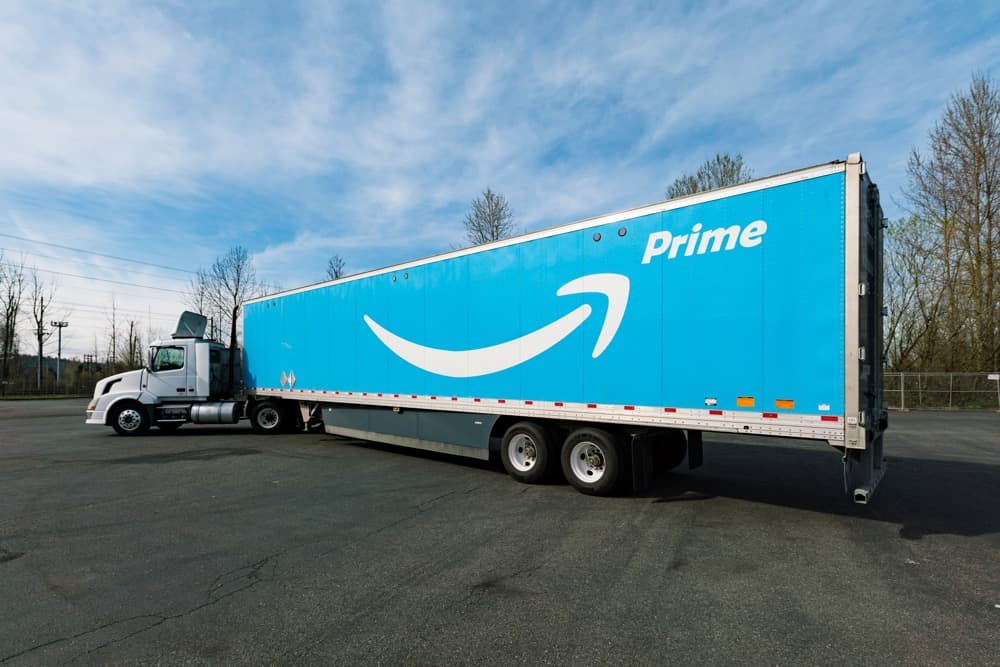
Grocery delivery services seem like a solution to help residents in Globeville and Elyria-Swansea, Westwood, Montbello and other food deserts access food.
But the arrival of Amazon Prime Now, Go Puff and other services that bring food to front doors does not end the desire or need for traditional grocery stores, said Blake Angelo, manager of food systems development for the city.
"We've got this pretty interesting, two-sided challenge," Angelo said. "On one side, we're leading in products, fast-casual type restaurants and spinning off innovations. But we're still struggling deeply on the other side with solving and addressing food insecurity and healthy food access."
Amazon launched its Amazon Prime Now service in Denver on Thursday. The program contributes to Denver's $7 billion food system and helps diversify where and how people can get food, Angelo said.
The new grocery options:
Through Amazon Prime Now, Prime members can pay a $7.99 fee for one-hour deliveries or get two-hour orders included in their membership. Through a partnership with the supermarket chain Sprouts, Amazon is able to also quickly deliver fruits, vegetables, meats and other groceries.

Later this month, Amazon is expected to celebrate its earlier introduction of AmazonFresh. Through the service, Prime members pay $14.99 per month for grocery deliveries. Orders more than $40 are free. A $9.99 delivery fee is tacked on for orders that don't meet the $40 threshold.
Prime membership costs $99 a year or $10.99 per month.
Why it doesn't help low-income areas much:
All those fees add up for low-income residents living in areas without easy access to groceries.
And those that receive food stamps — also known as Supplemental Nutrition Assistance Program benefits — can't use their government assistance to cover the charges. In many cases, they can't use their benefits for online delivery at all.
Amazon is expected to start accepting SNAP benefits this summer in Maryland, New Jersey and New York through a pilot program of the United States Department of Agriculture.
Closer to home, the Denver Food Rescue is spinning off Goodness Groceries — Bondadosa this summer to allow elderly and disabled SNAP users to get their groceries delivered via couriers on electric tricycles. The company is expected to launch in mid-July, said CEO Ricardo Rocha.
Goodness Groceries — Bondadosa will allow qualifying participants to place orders online and via phone. Participants will still have to pay a fee, but it will be less than what other retailers charge, Rocha said. Exactly how much less was still being worked out Monday.
Rocha said Goodness Groceries will fill a gap in the delivery market that leaves out those who struggle to buy groceries. Long term, he hopes Walmart and Amazon will also offer options that address food insecurity.
Whether that's in the plans for the two retail giants is unknown.
"Our focus is on delivering high-quality products and services to customers," said Ana Rigby, Amazon Prime Now spokeswoman.

Walmart is testing several programs across the country aimed at making it easier to access groceries. For example, Thornton is one of two sites where shoppers can pick up their groceries at the fuel pump station without having to go into the store. That test started late last year, and it's too early to say how it's going, said Anne Hatfield, Walmart spokeswoman.
"This online grocery pickup can be used so many different ways," Hatfield said. "We have people who are busy moms who don't want to get out of the car because they have an infant or a toddler and that's hard to do. Or if you're sick. Or if you have mobility challenges and you just can't get out of the car."
"We're testing things and looking for ways to serve all customers," Hatfield said. "Really, right now it's about convenience, but on that point, Walmart is very committed to helping fight hunger and making sure folks have access to fresh healthy food. All of our stores donate to local food pantries and food banks. We give millions and millions of dollars to hunger relief programs throughout Colorado and the nation."
Business & data reporter Adrian D. Garcia can be reached via email at [email protected] or twitter.com/adriandgarcia.
Subscribe to Denverite’s newsletter here.













